
Victory Through Organization
Why the War for Talent Is Failing Your Company and What You Can Do About It
Recommendation
As the title suggests, teams trump individuals. After analyzing more than 32,000 survey responses worldwide, authors Dave Ulrich, David Kryscynski, Wayne Brockbank and Mike Ulrich present evidence that while great HR professionals matter, they quadruple their impact when they organize into effective HR departments. The latest in a trilogy based on the authors’ groundbreaking, three-decades long “HR Competency Studies” (HRCS), this entry wraps up material in the series’ previous excellent books. Of course, few teams have contributed more to HR literature than Dave Ulrich and Brockbank. getAbstract thinks that any leader or HR professional – especially those who haven’t read the first two volumes – will savor these insights from an incredible 30 years of original research.
Summary
About the Authors
Dave Ulrich, a partner in the RBL group, and Wayne Brockbank teach at the University of Michigan’s Ross School of Business. They have collaborated for decades. David Kryscynski, who teaches at Brigham Young University’s Marriott School of Management, and Mike Ulrich, a professor at the Huntsman School of Business at Utah State, consult extensively in HR.







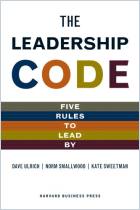
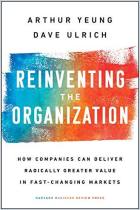
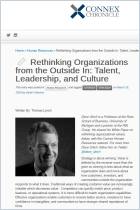
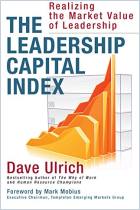
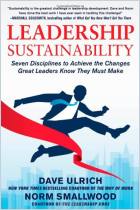
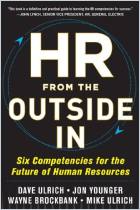
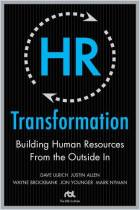
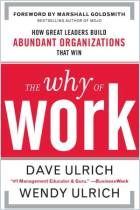
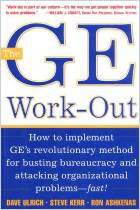
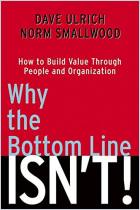
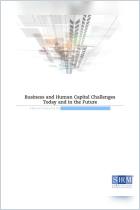
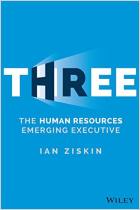
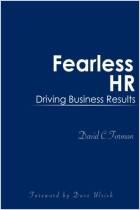
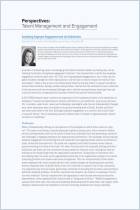
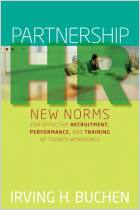
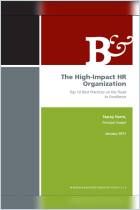






Comment on this summary or Démarrer une discussion